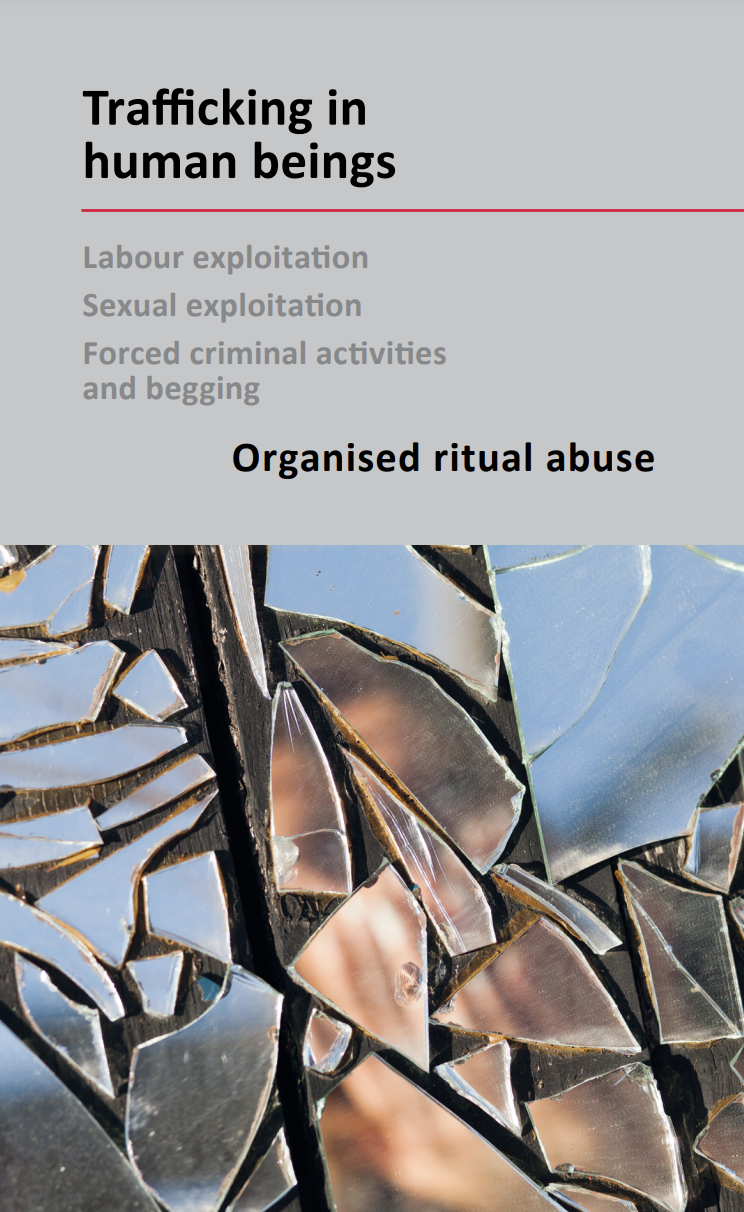Trafficking in human beings is defined as a set of circumstances whereby a person is pushed into an exploitative situation by an individual or individuals taking advantage of their plight. This can manifest itself in various forms and occur in different contexts:
• Exploitative employment relationships
• Sexual exploitation
• Exploitation in marriage
• Forced begging
• Forced criminal activities
• Forced removal of organs
Trafficking in human beings is both a severe human rights violation and an infringement of the principles of human integrity and dignity.
In the early 1980s, counselling centres for women in Germany began seeing more and more persons subjected to trafficking for the purposes of sexual exploitation, and this issue began receiving an increasing amount of attention. Specialised support services have since been created, many of which now also handle cases of trafficking in human beings for labour exploitation or exploitative employment relationships. More recently, cases of individuals being forced to beg or commit criminal offences and thereby subjected to exploitation have also emerged.

